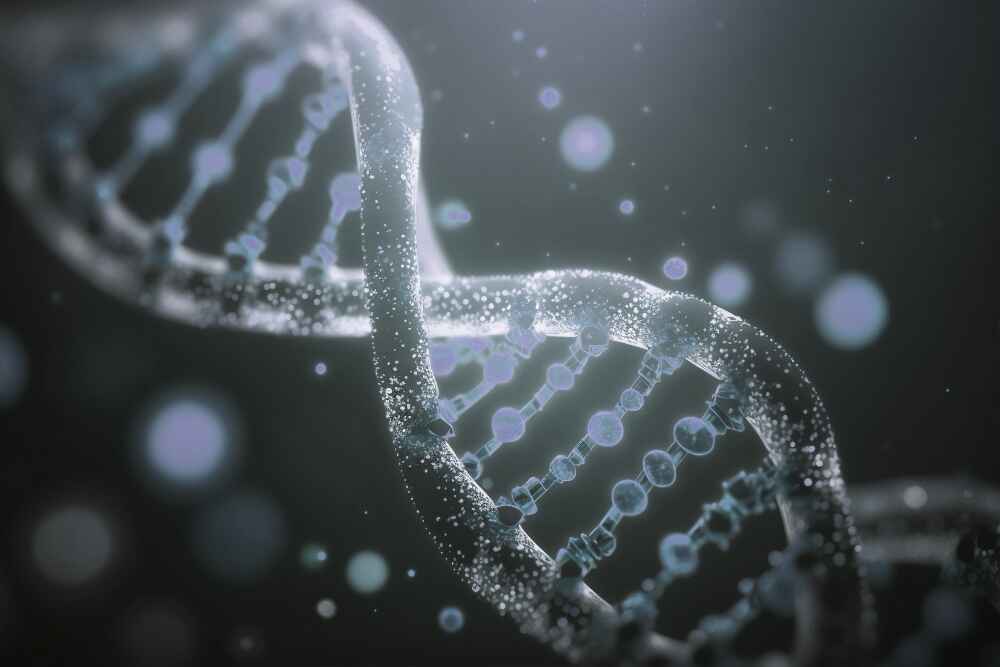Scientists Decode Key Cancer Mutation

A new study from the University of Chicago, published in Nature, reveals an important role of RNA in how DNA is stored and organized in cells through a gene called TET2. This finding explains why TET2 mutations are linked to various cancers and diseases. Led by Prof. Chuan He, the research team found that TET2 affects RNA rather than DNA, specifically influencing RNA packaging via methylation. This process attracts the MBD6 protein, essential for organizing chromatin (DNA packaging).
In cancers, TET2 mutations lead to chromatin dysregulation, promoting uncontrolled cell growth, especially in blood and brain cells. Targeting this pathway could provide new cancer therapies, and the team is developing drugs focused on this mechanism. Beyond cancer, TET2 mutations in older adults are associated with inflammatory conditions like heart disease and diabetes, offering potential treatment avenues to remove mutant cells before they cause harm. This study also expands our understanding of chromatin regulation, suggesting RNA modifications play a broad role in gene expression.